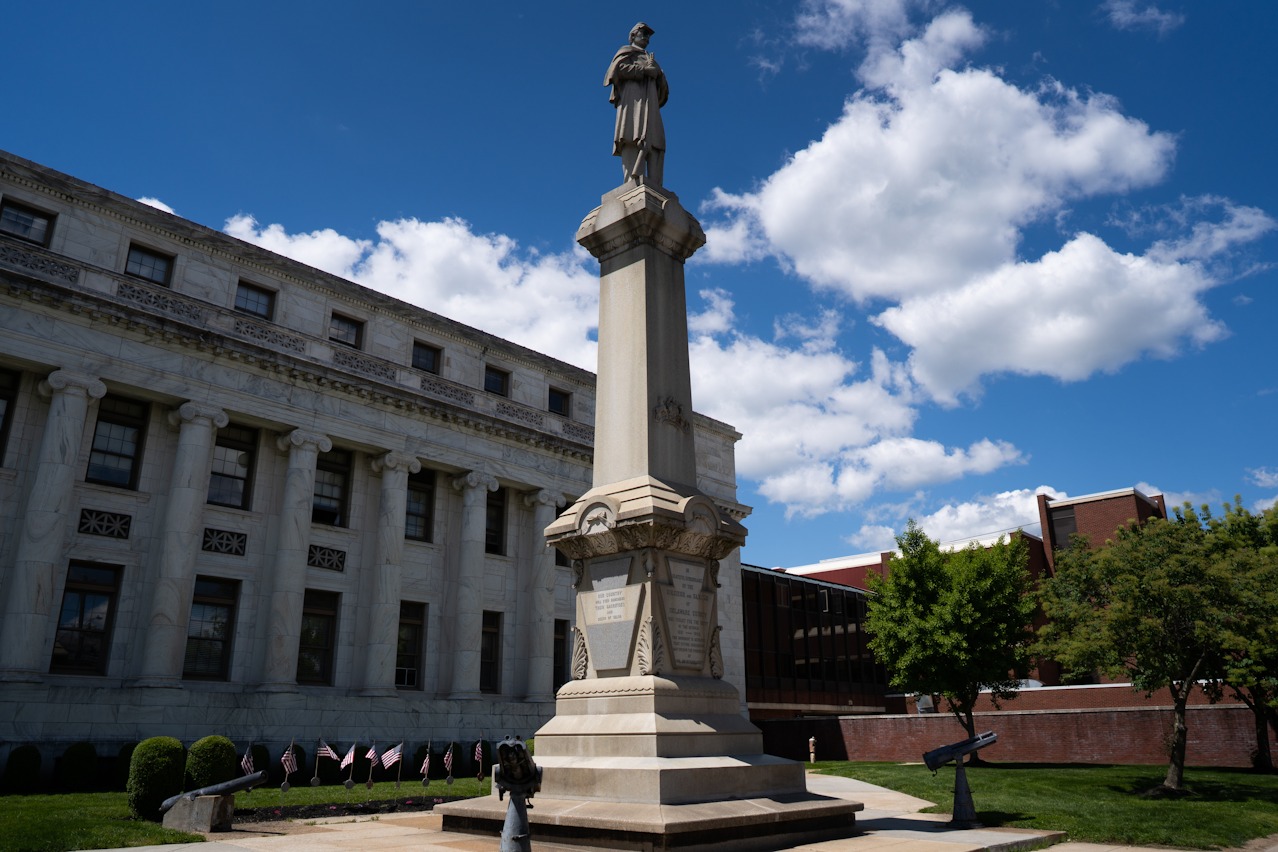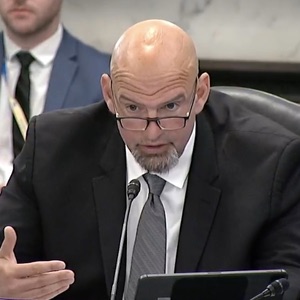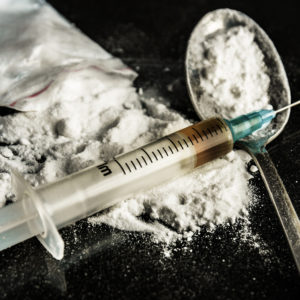Delco Inmate Who Died from Overdose was Left Unattended for More Than One Hour

(This article first appeared in Broad + Liberty.)
An inmate who died of an overdose at the intake department of the Delaware County prison last June was left alone for more than an hour despite the fact that the intake sergeant had already noticed that the woman was on some kind of drug.
According to an incident report obtained by Broad + Liberty through a Right to Know Law request, the intake sergeant noticed that when Tiffany Koser was being checked into the George W. Hill Correctional Facility (GWHCF), she “noticed that Koser appeared to be under the influence of something.”
That was at 9:00 p.m., according to the document.
“I told officer Hemmings to leave the [incarcerated person] on the unit so I can give her a drug test by urine,” the sergeant went on to write in the report. “After completing the discharge run, I went to cell 135 at 2222 [10:22 p.m.] I began knocking on the cell window and received no response from Koser.”
The county declined to answer any questions about the matter.
The Koser incident in June was the third of five deaths at the GWHCF in 2023. In November, the fifth death in the facility was an inmate who also died of an overdose. Broad + Liberty has filed a Right to Know request for that incident as well, and those documents are expected to be produced by the county before the end of the month.
Court documents indicate Koser was sentenced to serve 45 weekends for a DUI in Radnor Township sometime in 2022. She had several moving vehicle cases in Montgomery County, including another DUI charge from February 2022 in Worcester Township.
Broad + Liberty was unable to locate any family members of Koser to speak with.
A source with intimate knowledge of the prison said the revelations in the document should be concerning to Delaware County citizens.
“For a year and a half, there has been a pattern of preventable incidents. This incident reflects a systemic failure, in which an officer was successful in recognizing that an individual was under the influence of an unknown substance but did not notify medical staff so the individual could be evaluated and properly observed,” the source said. “Instead, the woman was put back in a cell by themselves and found unresponsive an hour later. To my knowledge, this sergeant is relatively new, so this seems to be an issue of proper training as well as staffing. I believe high turnover has forced people with little experience into these roles that, unfortunately, the prison hasn’t properly prepared them for.”
The source was granted anonymity because of concerns of career or political retaliation.
A spreadsheet of total payroll from 2022 previously obtained by Broad + Liberty shows that the sergeant earned just over five figures that year, suggesting that she was hired late that year. If that assumption is correct, the sergeant would have had less than a year on the job when the death occurred.
The revelations about the Koser incident come just as two guards were arrested this month for smuggling fentanyl into the prison. The arrest affidavits and supporting documents did not indicate the two guards were dealing to inmates, however.
The GWHCF has been a flashpoint in the county over the last decade as it was the last privately run prison in the commonwealth. Delaware County Democrats like Kevin Madden and Christine Reuther campaigned on deprivatizing it, which, after being elected in 2019, they set about doing.
The management of the facility officially transitioned from GEO Group to the county in April of 2022, although the county’s handpicked warden, Laura Williams, began her tenure with the prison on January 31 of that year.
Since then, the county has mostly achieved its goal of lowering the daily population. In media reports from late 2022, the county said it had lowered the daily population by about twenty percent.
However, other metrics and evidence show a prison that is in turmoil.
Ten total deaths have occurred at the prison since Warden Williams took the helm. That includes four suicides, one murder, one “delayed homicide,” two overdoses, and a medical emergency for an inmate while playing basketball. The cause of death for one inmate is still not known to Broad + Liberty at this time.
Those numbers far exceed those from the previous decade when eight inmates died over a three-year period under GEO’s management — something characterized by the prison’s Wikipedia page as a “controversy.” That would equate to about 2.6 inmate deaths per year, while the county is currently averaging five deaths per year under county control.
Additionally, that comparison assumes a steady prison population across those years, which isn’t the case. The death rate in the last two years has been greater given that the monthly population generally averaged close to 1,700 under GEO’s management, and has averaged closer to 1,200 under county management. More deaths are happening across a smaller number of prisoners.
Prior to the county’s takeover, it said reducing the recidivism rate was its top priority, but the facility’s own statistics show that the rate has remained pegged near 60 percent — basically identical to what it was under GEO.





